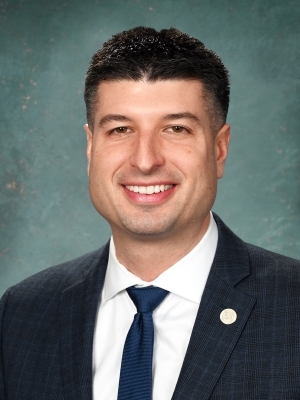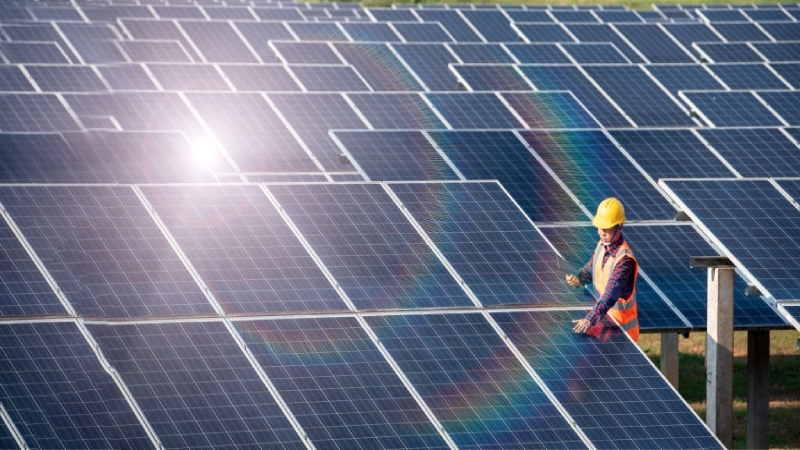Solar energy has been stifled in the state due to the control that other utilities have in the Michigan Legislature. | Stock Photo
Solar energy has been stifled in the state due to the control that other utilities have in the Michigan Legislature. | Stock Photo
It is not unusual for businesses to fund politicians who are sympathetic to their causes and industries, but utility companies in Michigan have been making it a critical part of their political strategy, specifically targeting down-ballot races and politicians who have voiced opposition in the past, according to Energy News Network.
This has been made clear by several seemingly coordinated funding efforts to opponents of legislators standing in the way of favorable legislation, after having voiced criticism of the industry. Campaign finance records show increased activity by utility companies that are seeking to influence which legislation passes in Michigan.
In this past November's election, utility companies -- including DTE Energy, Consumers Energy, ITC Holdings and SEMCO -- contributed over $50,000 to the political opponent of Rep. Yousef Rabhi (D-Ann Arbor), who has been an outspoken critic of the industry and opposed legislation benefiting those companies in 2016. More recently, Rabhi supported legislation that would reverse some positive benefits for utility companies of the legislation passed in 2016.

Sen. Tom Barrett
| #MiSenateGOP
Democrats are not the only victims of coordinated targeting, however. Former Michigan Rep. Gary Glenn (R-Midland) lost his race after being an outspoken critic of the utilities as chair of the House's energy committee.
Sen. Tom Barrett (R-Charlotte) fell victim to this strategy when he was running for Michigan Senate in 2018. "If you aren’t willing to go with what they want, then they are willing to spend what it takes to defeat you," Barrett said at the time, according to Energy News Network.
Analysts and politicians are projecting that with this strategy, utility companies have set themselves up to have very little opposition when it comes to legislation in the next decade. This would bode poorly for any politician aiming to pass reforms or make it easier for solar energy to gain headway in the state.


 Alerts Sign-up
Alerts Sign-up